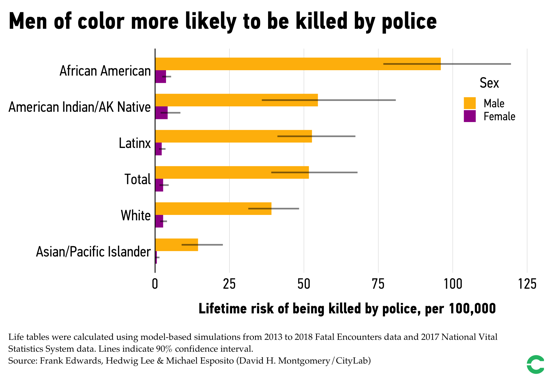I often look up recipes on line, even for simple things like macaroni and cheese or meatloaf. I like seeing different ways to make a dish really, really delicious.
Some recipes look terrific in the photographs, but when I read through them, I might see an ingredient or a step that is going to skew the results in a direction I don’t want to go. I imagine my dish coming out more like the loser on the recent cooking show, “Nailed It!”
Trying to determine which are the real and true facts of the news day and which are politically managed scenes being reported to us is very much like this recipe search of mine. A video of black protesters carrying a makeshift sign for Black Lives Matter and chanting “Dead cops now!” shows up on Facebook after a black man is shot by police anywhere USA, and it looks like the organization Black Lives Matter is a militant organization determined to kill police officers.
First question: What is the source? Is this an experienced reporter, someone who does this for a living? Is this an individual citizen who was involved in the event and knows all of the facts of the situation? Or is this someone’s Facebook post manipulated to look like something it is not?
One good source for learning the facts is Snopes.com. When a quote or a video clip from news reports, You Tube or Facebook seems to serve no other purpose than to incite your anger or fear, you can enter the event or quote in the search field on the Snopes site, and they will do an exhaustive fact check.
Try it with something like “chants of ‘dead cops now’,” and you will learn the importance of when a video was taken and what the motivation was. It is a good idea to include Snopes on your Facebook feed, too.
Factcheck.org works with Facebook to debunk false and misleading posts. Their mission is to “reduce the level of deception and confusion in U. S. politics.” When you include them in your Facebook feed, you will receive updates on suspicious or malicious posts they have researched.
Another way to be careful with what you see and read in sources like Facebook and You Tube, is to do some of your own research. If, for example, a person wants you to believe that Muslims are militant, Google something like “beliefs of Muslims.” Read a few articles. Form your own opinions based on your own knowledge rather than the opinions of others.
Even with regard to cable TV news, you have to be careful. It is so easy to think that what the news station has deemed important enough to report on is what makes it important.
Consider this: During the week that Notre Dame Cathedral in Paris burned, cable news covered the story 365 times during the week. During the week that the Amazon rainforest fires were burning terrifying amounts of the ecosystem on which the entire globe depends, cable news covered the story a mere 25 times (MediaMatters.org, 8/23/19).
Again, if you would like to learn for yourself the importance of the Amazon rain forest, Google that subject and spend time with the dozens of fact-based articles and videos there.
 Another important consideration in trying to get the facts right is to put the facts in context. For example, in this country, more white people are killed by police than black people. That’s a fact. However, it is also a fact that white people far outnumber black people in this country. They are 72% of the population. Here is a chart that more accurately represents the circumstances.
Another important consideration in trying to get the facts right is to put the facts in context. For example, in this country, more white people are killed by police than black people. That’s a fact. However, it is also a fact that white people far outnumber black people in this country. They are 72% of the population. Here is a chart that more accurately represents the circumstances.
It is also a fact that white people are more likely to be armed when they are killed by police. Black people are more likely to be unarmed, and more likely to be racially profiled rather than identified by “suspect characteristics” (Journalistresource.org, 8/5/19).
Fact: Getting shot by police is a leading cause of death for U.S. black men. Black men are killed by police at a rate 2.5 times higher than that for white men (LA Times, 8/16/19).
So, don’t let anyone pull the wool over your eyes. That phrase comes from back in the 1800’s, when lawyers often wore wigs made of wool. It meant that the lawyer was deceitful – lied to the judge and got away with it!
This matter of getting the facts straight is complicated. And it is up to us. We are also journalists. We must do the next layer of digging that comes after the videos and stories that capture our attention. Perhaps they are the truth. Maybe they are lies, or incomplete truths. Look into it further. Don’t let anyone pull the wool over your eyes.







Robert L Schweiger
August 31, 2019 4:17 pmMakes sense (as always!) … didnt know about the origin of “pull the wool over your eyes” ..interesting!